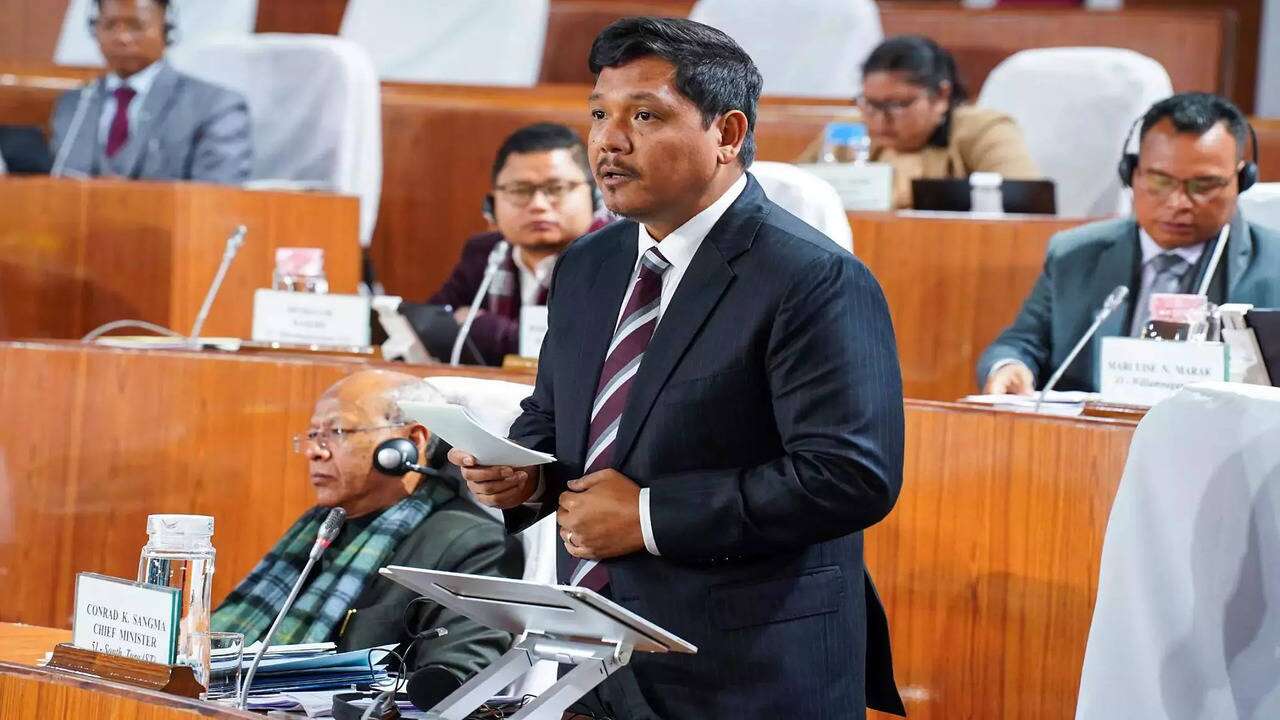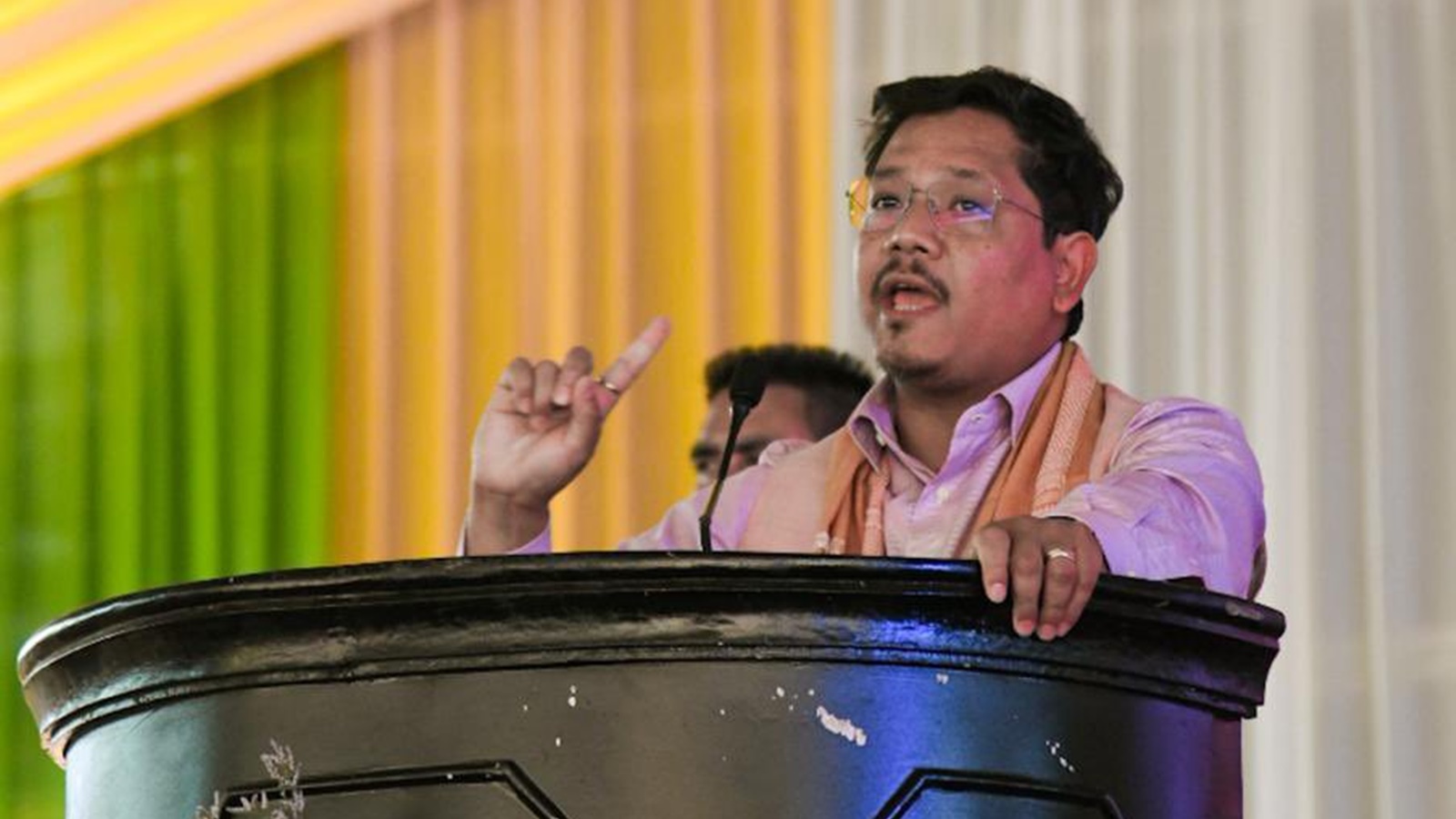The Citizenship Amendment Act (CAA) has ignited a firestorm across India, exposing deep fissures in the country’s social and political fabric. The law, designed to expedite citizenship for non-Muslim minorities facing religious persecution in Afghanistan, Pakistan, and Bangladesh, has sparked a fierce debate about national identity, religious inclusion, and the legacy of partition.
 Proponents of the CAA, led by the ruling Bharatiya Janata Party (BJP), see it as a long-overdue step to protect persecuted minorities. They point to the plight of Hindu, Sikh, Jain, Buddhist, Parsi, and Christian refugees who fled to India from neighboring countries in the wake of partition and subsequent violence. The CAA, they argue, offers a path to citizenship for these vulnerable groups who have faced discrimination and marginalization for decades.
Proponents of the CAA, led by the ruling Bharatiya Janata Party (BJP), see it as a long-overdue step to protect persecuted minorities. They point to the plight of Hindu, Sikh, Jain, Buddhist, Parsi, and Christian refugees who fled to India from neighboring countries in the wake of partition and subsequent violence. The CAA, they argue, offers a path to citizenship for these vulnerable groups who have faced discrimination and marginalization for decades.
Critics, including opposition parties like the Congress and the Communist Party of India (Marxist), vehemently oppose the CAA. They argue that the law blatantly discriminates against Muslims, violating India’s secular constitution which guarantees equal rights to all citizens regardless of religion. This exclusion, they fear, could further marginalize Muslim communities and exacerbate social tensions.
The CAA’s implementation has further strained the relationship between the central government and some states. West Bengal, led by Chief Minister Mamata Banerjee, has declared the CAA “unconstitutional” and vowed to resist its enforcement within the state’s borders. Assam, another state with a history of ethnic tensions, has witnessed protests against the CAA, with some groups concerned about potential demographic shifts. In contrast, some tribal areas in the Northeast have been exempted from the CAA to address local anxieties about cultural preservation.
The announcement of the CAA rules on March 11th, 2024, triggered immediate reactions. Cities like Delhi and Assam’s capital witnessed protests against the CAA, with some student groups facing detention by authorities. Home Minister Amit Shah, a key figure behind the CAA, defended the law, calling it a humanitarian imperative and accusing opposition parties of playing vote-bank politics ahead of upcoming elections. Leaders like Mamata Banerjee and Omar Abdullah, a former Chief Minister of Jammu and Kashmir, questioned the timing of the CAA’s implementation, suggesting the BJP is using it to bolster its Hindu nationalist agenda.
The long-term implications of the CAA remain shrouded in uncertainty. Legal challenges are expected, with opponents likely to argue that the law violates the constitution. The impact of the CAA on social harmony and national security is yet to be seen. The coming months will likely see continued debate, legal wrangling, and potentially further protests as the CAA’s rollout unfolds across the country. The outcome of this complex political and social drama will have a lasting impact on India’s future.




